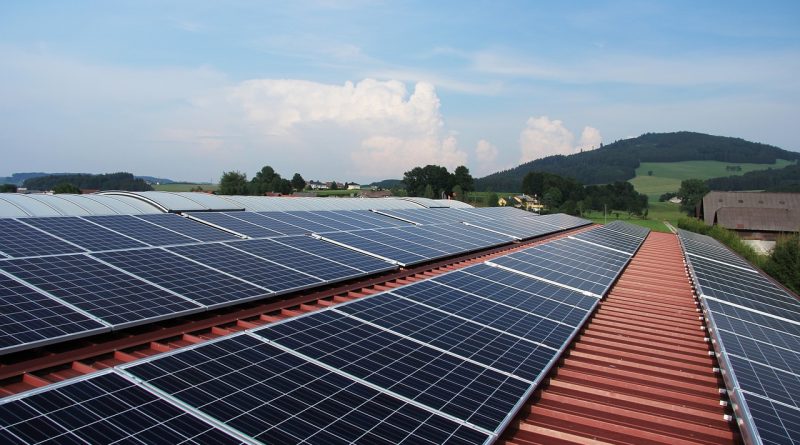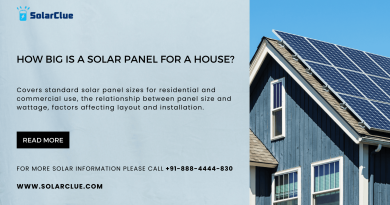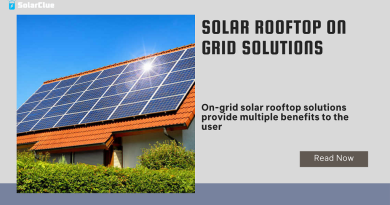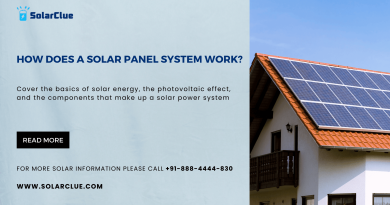Save Money Now: Invest in a Solar Power System
Table of Contents
Introduction
With rising energy costs and an increased focus on sustainability, many individuals and businesses are turning to solar power as a viable alternative. Investing in a solar power system not only reduces carbon footprint but also offers significant financial benefits. In this article, we will explore the potential savings that can be achieved by making the switch to solar energy.
The Cost of Solar Power Systems
Before diving into the potential savings, it is essential to understand the initial cost of investing in a solar power system. The price of solar panels and related equipment depends on factors such as the size of the system, the quality of the components, and the installation complexity. On average, a residential solar power system can cost between $15,000 and $25,000, including installation.
The Initial Investment
While the upfront cost may seem substantial, it is essential to evaluate the long-term savings potential. Renewable energy offers significant financial benefits and a return on investment that makes the initial expense worth considering. Furthermore, there are various financial incentives available, such as tax credits and rebates, which can significantly offset the initial investment and shorten the payback period.
Reduced Electricity Bills
One of the primary advantages of investing in a solar power system is the reduction in electricity bills. Solar panels generate electricity by harnessing the power of the sun, eliminating or drastically reducing the need for traditional grid-based electricity. This, in turn, results in a considerable reduction in monthly electricity bills. The amount of savings will depend on various factors, such as the size of the solar system, the local electricity rates, and the energy consumption of the property.
Net Metering
Net metering is another financial incentive offered by many utility companies that makes solar power even more cost-effective. Under net metering, any excess electricity generated by the solar power system is fed back into the grid, and the property owner receives credits for the excess energy produced. These credits can then be used during periods when the solar system is not generating enough electricity, such as at night or during cloudy days. Ultimately, net metering ensures that consumers only pay for the net electricity consumed, leading to substantial savings.
Increase in Property Value
Investing in a solar power system not only provides immediate savings but also increases the value of the property. Studies have shown that homes equipped with solar panels tend to sell at higher prices and at a faster rate than those without. Potential buyers are attracted to the idea of reduced electricity bills and the opportunity to contribute to environmental sustainability. As a result, installing a solar power system is not only a smart financial decision but also a valuable asset when selling the property.
Reduced Reliance on Fossil Fuels
In addition to the direct financial benefits, investing in solar power systems contributes to reducing reliance on fossil fuels. The burning of fossil fuels for electricity production is a major contributor to greenhouse gas emissions, air pollution, and climate change. By opting for renewable energy sources like solar power, individuals and businesses can contribute to reducing their carbon footprint and creating a cleaner and healthier environment for future generations.
Conclusion
Investing in a solar power system offers both environmental and financial benefits. While the initial cost may appear significant, the long-term savings potential makes it a worthwhile endeavor. Reduced electricity bills, net metering incentives, increased property value, and environmental contributions are just a few of the advantages that come with solar energy. By making the choice to invest in solar power now, individuals and businesses can pave the way for a sustainable and cost-effective future.




